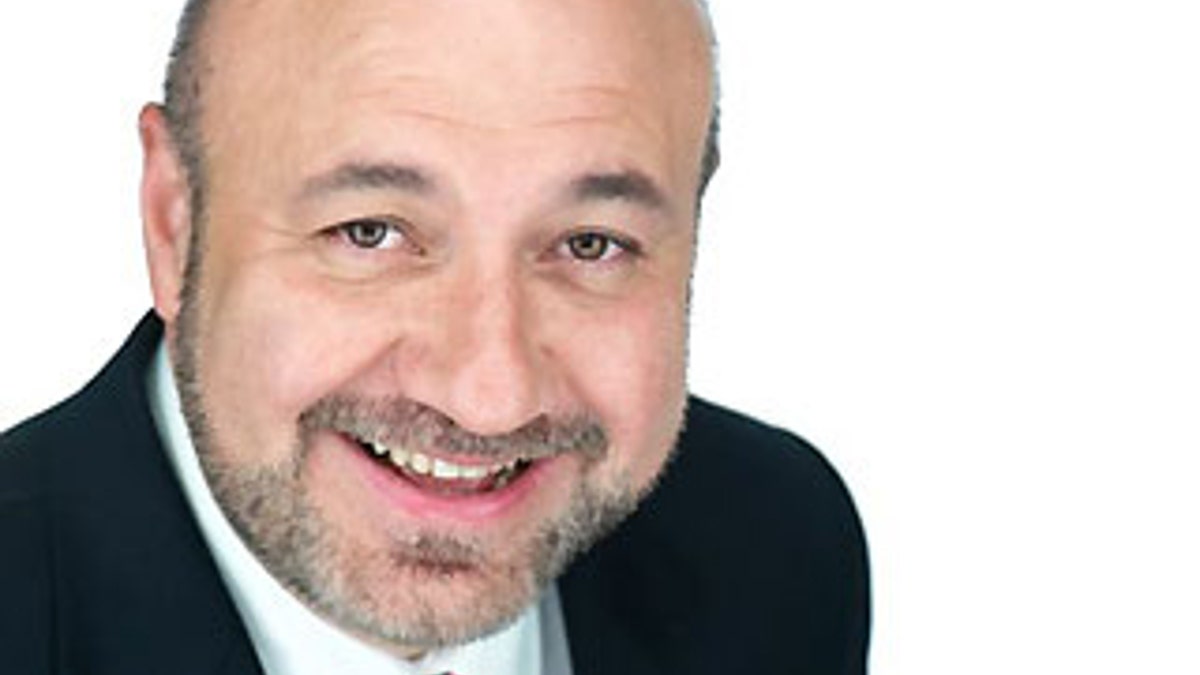
Dr. Manny Alvarez
Many hospitals are reporting a growing shortage of vital drugs used for chemotherapy, infections and other treatments, according to a recent report by the Associated Press.
Disturbingly, there seem to be very few explanations as to why this is happening.
At least 15 people have died in the last 15 months, and hospitals are being forced ration life-saving medications or buy them from secondary suppliers at huge mark-ups. This can be a gamble in itself because these so-called “gray market” suppliers are not always licensed, and may keep drugs past the expiration date or fail to properly refrigerate them – resulting in efficacy problems that can harm patients.
So my question is: Why wasn’t anyone paying attention before we got into this mess in the first place?
It seems there’s no clear-cut explanation. But I’d like draw on my own research to speculate as to why some key drugs are not available.
First, there are concerns about overregulation by the U.S. Food and Drug Association (FDA). Currently, only half a dozen companies make the vast majority of injected generic drugs. Many other suppliers are intimidated by the lengthy, expensive process of setting up manufacturing lines and procuring FDA approval.
Companies are further discouraged by the slim profit margins of selling these generic drugs – which can take up to three weeks to produce. It is much cheaper and easier for them to stamp out pills.
Finally, other concerns deal with the quality of manufacturing – which seems to be getting worse. But again, there are no real answers as to why this is happening.
Three medications that top the endangered list include the chemotherapy drugs Doxil, 5FU and Taxol.
The biggest controversy so far is with Doxil, which is used to treat recurring ovarian cancer. Supply of the drug has dwindled after a series of product recalls due to manufacturing quality lapses.
A recent letter from Janssen Products, LP, the company that provides Doxil to health care providers, said that the supply of the drug would be “intermittent” at best over the coming months, and not expected to meet the needs of all the cancer patients on the waitlist.
Worse, there are no generic alternatives to Doxil. Doctors are being advised not to start new patients on the drug at all.
It’s clear that further investigation is needed to answer the many, many questions raised by this drug shortage. I hope that Obamacare will be up to the challenge.
